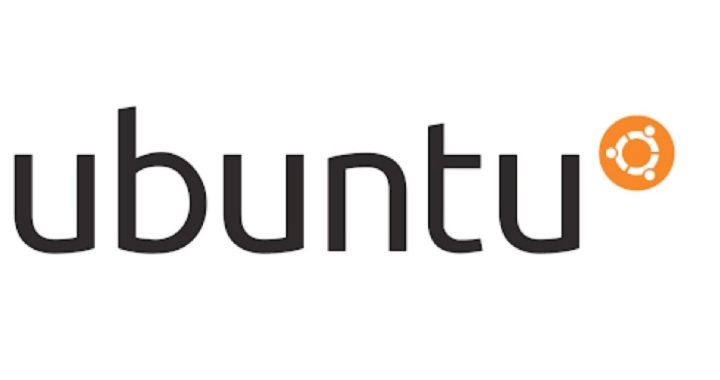
As Microsoft continues its trend of converting Windows into an operating system of spyware, more and more computer users are discovering the security, privacy, and liberty of Linux. Now, the company behind the world’s most popular Linux distribution has publicly pledged that there will never be any back doors built into its product.
Mark Shuttleworth, the man behind Canonical — which sponsors the Ubuntu Linux distribution — told eWEEK Monday that Canonical “will never backdoor Ubuntu; we will never weaken encryption.” Shuttleworth’s statement — in a video interview ahead of the Ubuntu Online Summit (UOS) — is good news for computer users who have come to rely on encryption to protect both business and personal data.
As government surveillance has increased and encryption has continued to come under attack from the surveillance hawks, it’s noteworthy that Ubuntu still includes the option of full disk encryption during installation. Shuttleworth expressed his — and his company’s — view of the value of encryption by telling eWEEK:
I think the move to encryption — as a universal expectation — is really important. We don’t do encryption to hide things; we do encryption so that we can choose what to share. That’s a profound choice we should all be able to make all the time. On this debate, Canonical and Ubuntu are absolutely crystal clear: We will never backdoor Ubuntu; we will never weaken encryption.
Lest anyone think Shuttleworth’s promise is hollow, it is backed by more than a decade of Canonical’s commitment to Ubuntu and the power of open-source software. As this writer pointed out in a recent article about the release of Ubuntu 16.04:
This marks the 24th release of the Ubuntu operating system, which has become perhaps the most popular Linux distribution in the world. Ubuntu 16.04 — codenamed Xenial Xerus — is also the sixth Long Term Support (LTS) release, meaning it will receive free security updates and support for five years. Canonical — the UK software company that sponsors Ubuntu — has continued to show its commitment to providing a solid, smooth, reliable, open-source operating system for the desktop even while working toward convergence of the desktop, phone, and tablet into one seamless operating system.
For Windows users looking for a privacy-minded operating system, this means that 16.04 stands on a solid foundation and should prove to be a good daily-driver.
The main thing that makes open-source software so much more trustworthy than proprietary software (such as Microsoft Windows) is that the source code is available for anyone to view. As this writer noted in an article last year about open-source tools for closing the door on surveillance:
In simple terms, open-source software is licensed in such a way that its source code is available for anyone to view, audit, modify, and redistribute. Because the open-source community is so large and diverse, the likelihood of anything nefarious being hidden in the code is at or near zero. Another benefit of open-source software is that where vulnerabilities exist, they are more quickly discovered and patched as a community of thousands of people works to solve problems. That is why viruses, which are such a problem for Windows and, to a lesser degree, Mac, are unheard of for Linux.
In this case, the same thing that is true of viruses is true of backdoors. There would simply be no way for a backdoor to be hidden in the source code, since millions of eyes are on it. Compare that to the source code of any proprietary software (which can only be seen by the company that writes it) and it’s easy to see the difference. It is the proprietary nature of Windows that has allowed Microsoft to essentially convert the operating system into a suite of spyware programs designed to spy on users and report back to Microsoft. Adding insult to injury, Windows also searches users’ computers for programs and media suspected of being “pirated” and removes them without the consent of the users.
Adding to the solid performance and long-term support offered with Ubuntu, Shuttleworth’s firm commitment to keep his company’s Linux distribution free of back doors offers Windows users concerned about privacy and liberty a real choice. As this writer said previously:
Since Ubuntu is a free download and comes with everything most users need to be productive — including the feature-rich LibreOffice suite to replace Microsoft Office — making the switch is not only easy, it is free. It’s hard to beat an operating system that is both free (as in price) and free (as in liberty).
To make it easier for users to download and install Ubuntu, there are even step-by-step instructions on the website, including directions for creating a “live DVD.” Users can even “test-drive” Ubuntu before installing by running it from the DVD. And — for those Apple users who may be interested, Ubuntu can replace Mac OS X.
Since there is no line of demarcation between digital liberty and any other liberty in the digital age, users have to take steps to protect themselves and their data from prying eyes. With Ubuntu’s commitment to encryption and resisting back doors, the choice is simple.
In the interest of fairness, the writer of this article has been a Linux user for several years and does not use any Microsoft products or services. This article was written on his System76 Bonobo Extreme running Ubuntu 16.04 using LibreOffice 5.1.2.2.




